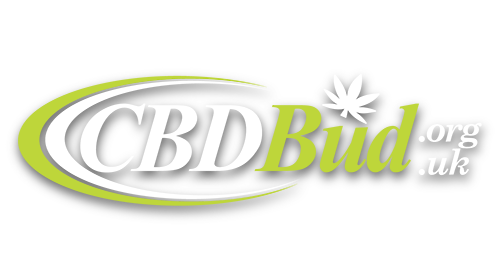For health enthusiasts venturing into the world of CBD, one critical aspect often overlooked is how it interacts with other medications. CBD, a compound derived from the cannabis plant, has been lauded for its potential therapeutic benefits. However, its interactions with various drugs can create what is often referred to as a medication minefield. This detailed guide aims to illuminate the potential interactions between CBD and common medications, equipping CBD users and medical professionals with essential information to ensure safe usage.
Understanding CBD
Before taking a deep dive into potential drug interactions, it’s essential to familiarize oneself with what CBD is and how it functions. CBD, or cannabidiol, is a phytocannabinoid that’s found in both the hemp and marijuana plant. It’s non-psychoactive, meaning it doesn’t create the ‘high’ that’s typically associated with cannabis use. Its popularity as a supplement is attributed to its potential to affect the endocannabinoid system, which regulates various physiological processes.
What Conditions Can CBD Treat?
Evidence suggests that CBD may alleviate symptoms associated with several conditions. These include:
- Anxiety and Depression
- Chronic Pain
- Epilepsy
- Inflammatory Bowel Disease
- Insomnia
Common Medications and Interactions with CBD
The interaction between CBD and medications occurs in the liver, where both substances are broken down. CBD inhibits some of the enzymes used to metabolize drugs – primarily the family of cytochrome P450 enzymes. Drugs that utilize the same enzymes may stay in the system longer, leading to higher levels and a potential risk of adverse effects.
Blood Thinners
CBD’s potential interaction with blood thinners, such as warfarin, can lead to an increased risk of bleeding. Warfarin interacts with the enzymes that CBD also influences, magnifying its anticoagulant effects.
Antidepressants
How much CBD should you vape for anxiety? Selective serotonin reuptake inhibitors (SSRIs) and tricyclic antidepressants (TCAs) are commonly used to treat depression and anxiety disorders. CBD might amplify the effect of these drugs, potentially resulting in increased sedation and side effects.
Antipsychotics
Antipsychotic medications, especially those prescribed for schizophrenia, could have their effects enhanced by CBD. This could lead to an increased risk of side effects, including motor function impairment.
Heart Medications
Cardiac glycosides, like digoxin, are drugs used to treat heart failure and certain types of irregular heartbeat. CBD’s enzyme inhibition can increase the concentration of digoxin in the body, which may lead to cardiac toxicity.
What drugs should not be taken with CBD? It’s crucial to verify interactions with a healthcare provider if you are taking medications in these categories, but other classes may also be affected. Always ensure you are well-informed about potential interactions before combining any medication with CBD.
Impact on Health and Well-being
The primary concern with medication interactions is the potential for adverse effects. In the worst-case scenario, these could lead to hospitalization. The consequences of CBD-drug interactions can range from mild to severe and may include:
- Dizziness and Drowsiness
- Increased or Decreased Blood Levels of Other Drugs
- Liver Damage
- Respiratory Depression
- Cardiac Toxicity
Interactions with any of these systems could significantly affect an individual’s overall health and well-being.
Guidelines and Recommendations
To minimize the risks associated with CBD-medication interactions, the following guidelines should be observed.
Consultation with Healthcare Provider
Always consult with your healthcare provider before taking CBD, especially if you’re on other medications. Your doctor or pharmacist can help you understand potential risks and make an informed decision.
Adjusting Dosages
In some cases, doctors may recommend adjusting the dosage of a medication to account for CBD interactions. It’s important to follow these adjustments precisely to avoid complications.
Monitoring for Side Effects
Regular monitoring for side effects is crucial, particularly for medications where the dosage cannot be adjusted. Any new symptoms should be reported to a healthcare provider immediately.
By following these guidelines and staying informed, individuals can utilize CBD safely and effectively, without compromising their existing treatment plans. While CBD holds promise as a therapeutic adjunct, the importance of understanding and mitigating potential drug interactions cannot be overstated. In the medication minefield, knowledge is the map that guides you to safe ground.
